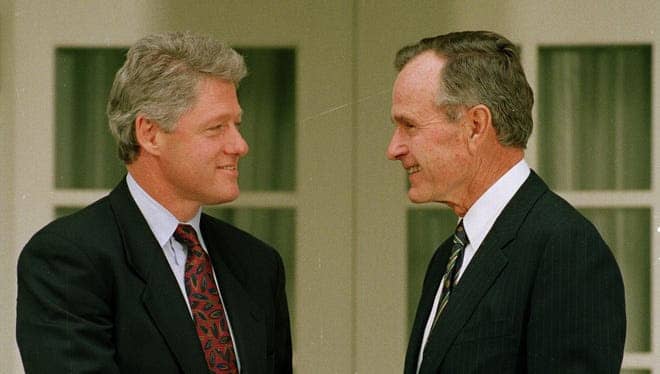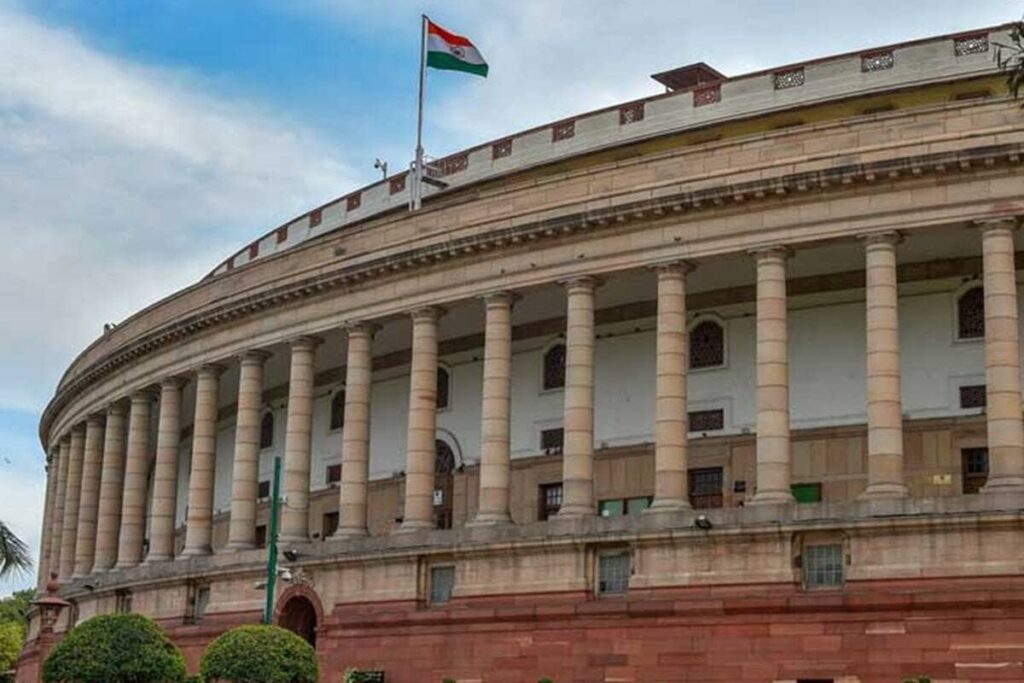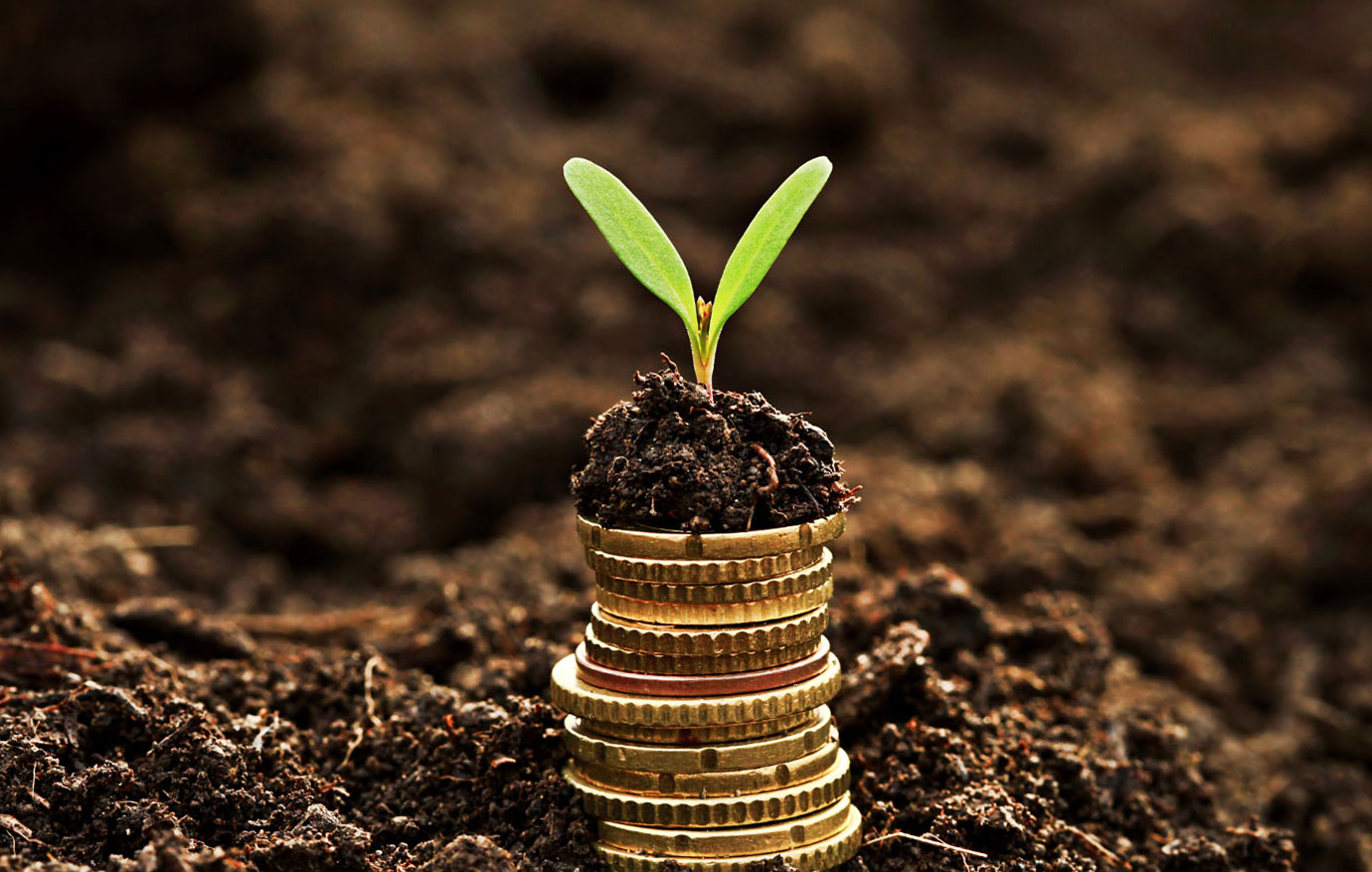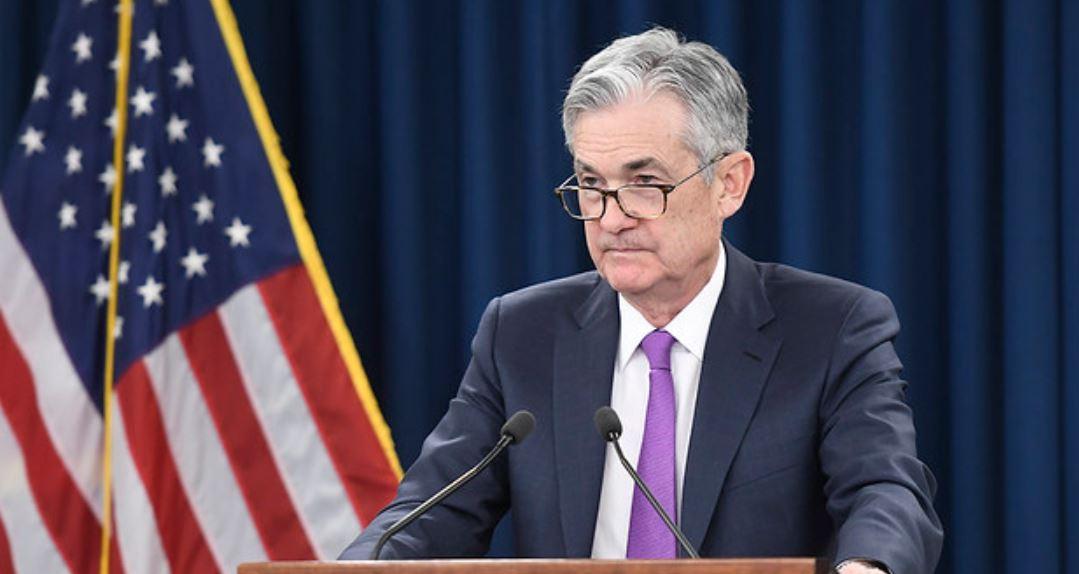The Turn of American Foreign Policy and the End of Cold War
The post-Cold War era was an era of indisputable power and influence for the USA. America had risen from the Cold War as a victor in an ideological battle with the erstwhile Soviet Union, which was on the path of
Why So Many Americans Reject Legal Due Process in the Age of Covid
The policy response to the covid panic of 2020 in the United States was one of the most widespread direct attacks on fundamental human rights in decades. Overnight—and without any deliberation, debate, or checks and balances—millions of Americans were denied their basic rights
Paul Samuelson on Freedom
Some economists are good at political philosophy as well. Mises and Rothbard of course come to mind, but the good philosophers aren’t confined to Austrian school economists. Amartya Sen and Kenneth Arrow know what they are talking about when it
Covid: How the West Embraced Central Planning and Abandoned Human Rights
In January 2020, Hubei and more than a dozen other provinces in mainland China implemented totalitarian lockdown measures, such as the closure of schools and workplaces, and strict restrictions on travel and mobility, including the suspension of all public transport,
John Tamny Reviews Mark Spitznagel’s Safe Haven
It’s a Silicon Valley truism that there’s little point to patenting a good business idea. If it’s truly good, it will be roundly rejected. More specifically, the potential of what’s a great likely won’t be understood. Think about it. If
Parliament of India- A new institute of Drama
On Wednesday, August 11th, the stormy Monsoon Session of Parliament came to an abrupt end when both Houses were adjourned sine die, two days ahead of schedule. According to data from PRS Legislative Research, the current Lok Sabha session, which
Pragmatic and existential concerns about the social cost of carbon
There is a great new policy forum article in Science defending the use of the social cost of carbon (SCC) in climate policy analysis, written by four great environmental economists (Joe Aldy, Matt Kotchen, Robert Stavins, and James Stock). While
The “Nixon Shock” Was Only the Final Nail in the Coffin of the Gold Dollar
Bob gives a brief history of money in the United States, explaining that the dollar was much “harder” in, say, 1810 than it was in 1910. This explains why there was significant consumer price inflation even in 1970, the year
These Huge Deficits Wouldn’t Be Possible without the Fed’s Inflation
With the Federal Reserve’s annual Jackson Hole symposium there’s been much talk about when the central bank might allow interest rates to rise, presumably through the process of “tapering.” Tapering would mean easing monthly bond purchases, which would “effectively increase interest
Mark Spitznagel’s Safe Haven
Fans of Austrian economics know hedge fund manager Mark Spitznagel as a brilliant thinker thoroughly steeped in Menger, Böhm-Bawerk, Mises, and Rothbard. His excellent 2013 book The Dao of Capital was rooted in Austrian capital theory and "roundaboutness," and his application










